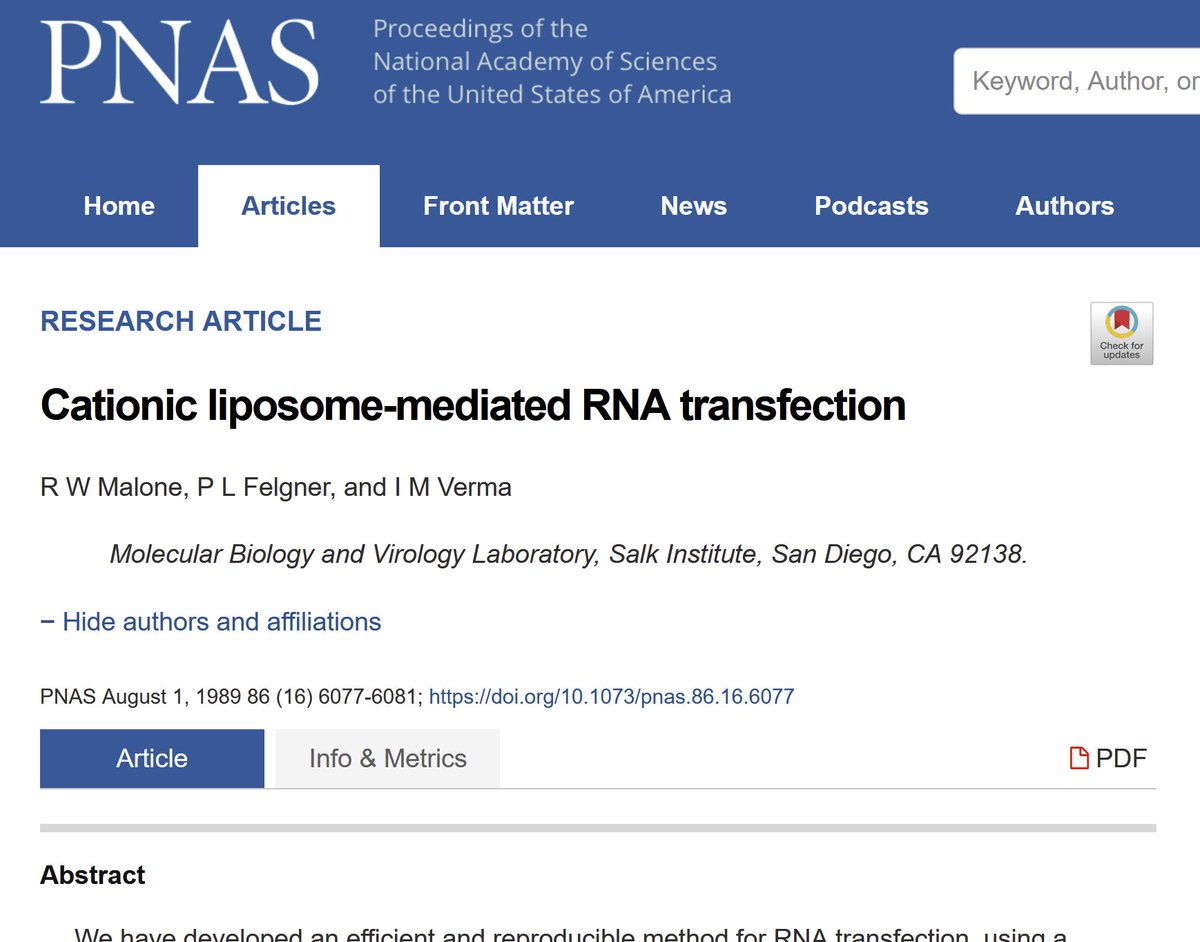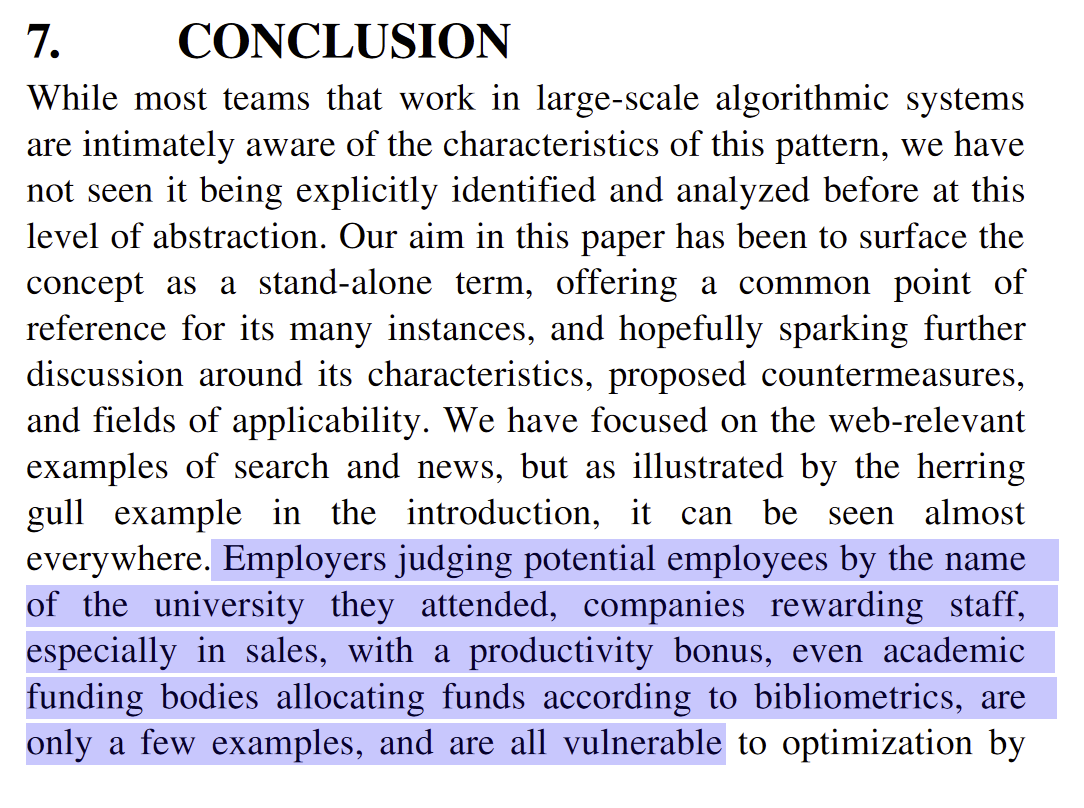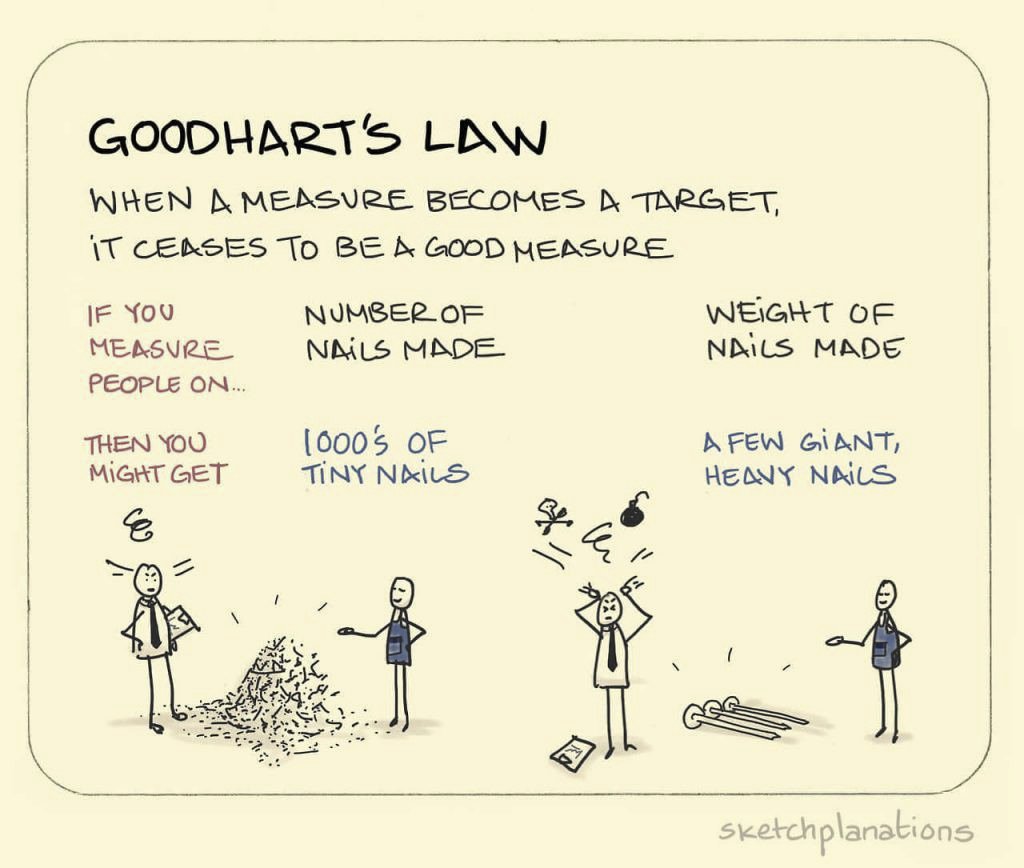
This is a 🧵organizing my 🧵s on org structure for companies, how balena works, and #gameb in startup form. These go together for semi-obvious reasons, but let's start with our dedication to Short Term Pain for Long Term Game or as we say in balena #stpltg
https://twitter.com/alexandrosM/status/1388125120003072003
First, let's establish some known problems, starting from all the known and persistent problems that appear in hierarchical organizations.
https://twitter.com/alexandrosM/status/1378862359461031937
A fantastic articulation of the same problem:
https://twitter.com/alexandrosM/status/1363126058728321024
Then, a trio of threads on the cancer that is specialization:
1/
1/
https://twitter.com/alexandrosM/status/1343922856225198082
No really. I have serious issues with it.
3/
3/
https://twitter.com/alexandrosM/status/1409164715075407881
An attempt to illustrate the problem I have with modern-day organizational paradigms. Yes, specialization has something to do with it:
https://twitter.com/alexandrosM/status/1411027694909722626
In case you weren't depressed yet, let's talk about the unsolvable problem of estimating how long building something novel will take:
https://twitter.com/alexandrosM/status/1392234674324340739
An exploration of what we know about collective intelligence.
https://twitter.com/alexandrosM/status/1394064642138279937
#gameB encapsulates a lot about what I consider to be a frame within a solution may be found.
https://twitter.com/alexandrosM/status/1405665966411812864
The pattern of anti-inductiveness has interesting hints:
https://twitter.com/alexandrosM/status/1406061017969303553
Getting a bit more prescriptive, the answer, to the best of my knowledge, must look less like a tree and more like a loop:
https://twitter.com/alexandrosM/status/1394418173932281858
And remember, you'll have to make a lot of your own tools from scratch if you want to do something truly new. (this thread isn't really about Tesla but about Balena, read on:)
https://twitter.com/alexandrosM/status/1394793503918419968
Another post on the need for #gameB in startups and companies in general -
https://twitter.com/alexandrosM/status/1286125586558066688
Last thread I have for now, a few tips on how to be a remote company:
https://twitter.com/alexandrosM/status/1407088005911760897
And some from not-me:
https://twitter.com/alexandrosM/status/1329232807688687619?s=20
Metrics are not your friend:
https://twitter.com/alexandrosM/status/1414959478483689480
• • •
Missing some Tweet in this thread? You can try to
force a refresh







